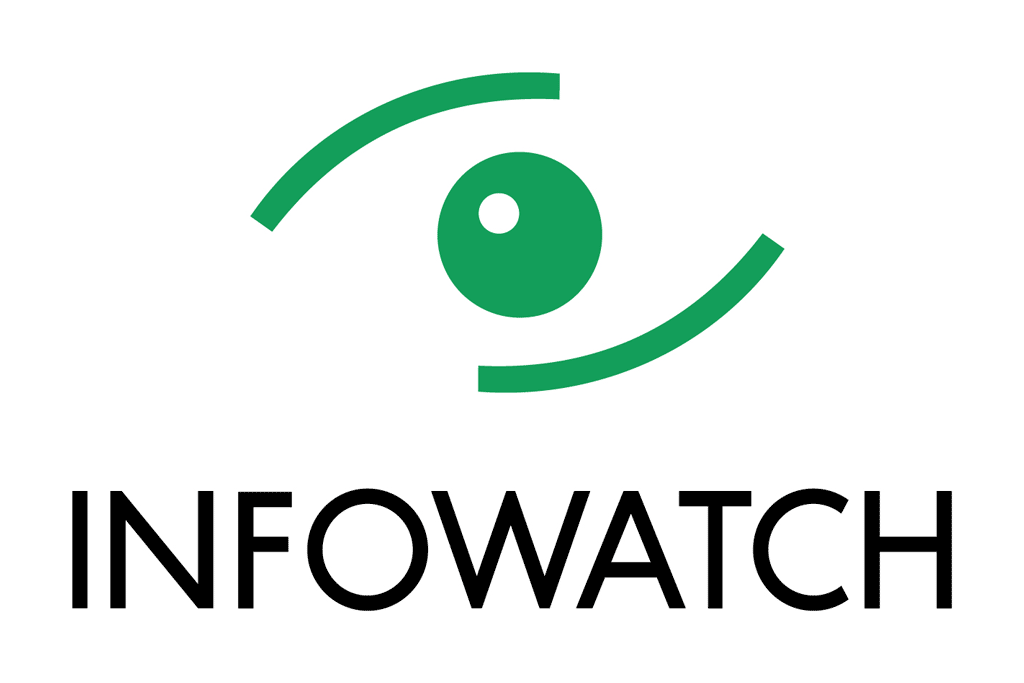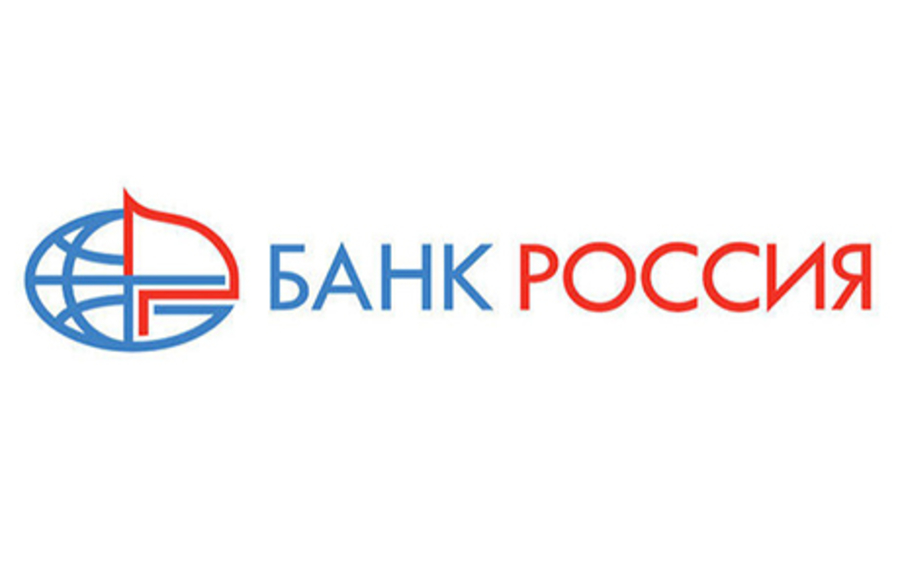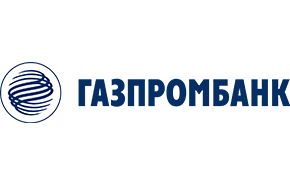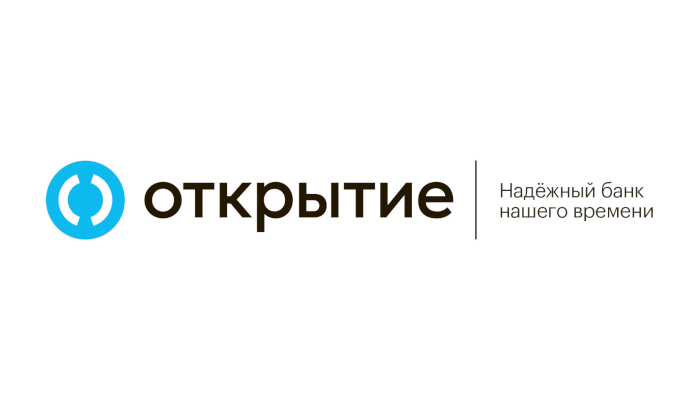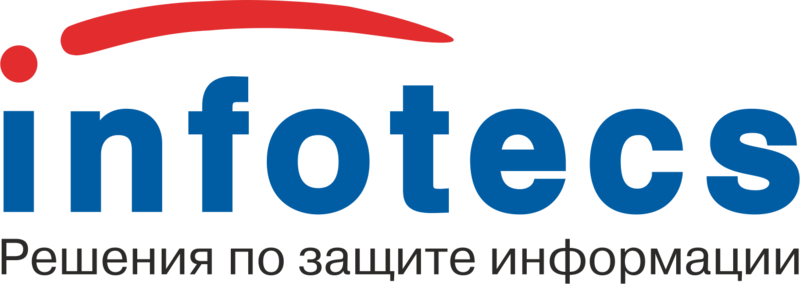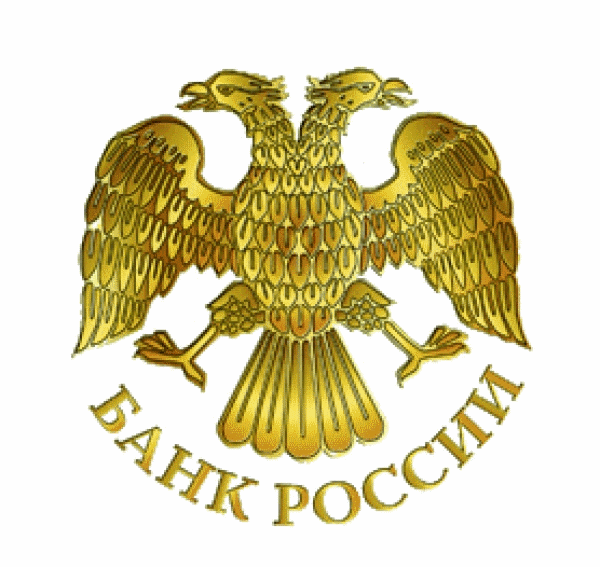Computer Science and Engineering (Programming of Electronic Devices and Systems)
Faculty: Faculty of Information Technologies
Degree
Bachelor
Form of tuition
- Intramural form
Name of specialty and code
About the program
50
State-funded places
About educational program
Full-time (Intramural)
Duration
4 years
Number of places
State-funded — 50
fee-paying — 30
fee-paying — 30
Tuition fee
398 200 rub.
(for 2024)
(for 2024)
Entrance tests and minimum scores (fee-paying)
State-funded
Computer Science and ICT/Physics — 52/44 marks
Mathematics (Subject Matter) — 47 marks
Russian language — 45 marks
Mathematics (Subject Matter) — 47 marks
Russian language — 45 marks
Minimum passing score for the previous academi year
State-funded
Admission score — new
MAIN ACADEMIC BUILDING
Moscow, Avtozavodskay Str.,
ADMISSION OF FOREIGN CITIZENS
possible
ADDITIONAL INFORMATION AND USEFUL LINKS
Documents
Program FAQ
In the context of international cyber threats, specialists need to get information about new cyber threats as soon as possible. Most of this information is initially generated in English. The curriculum includes foreign language courses from the first semester to the penultimate one. The presence or early acquisition of reading skills in English is highly desirable for students. The subjects and main educational materials are presented in Russian, and additional literature and information resources are often studied in the original language — in English.
We receive school graduates from all over the country and abroad. The level of programming is different for everyone: some students almost did not learn it in computer science classes, others have mastered Pascal at the initial level, very rarely C/C++. The educational program provides an end-to-end cycle in programming and development languages, starting with the study of programming languages, mathematical logic and algorithm theory, moving into the development of information systems and reverse engineering of software tools.
Career opportunities
Information security analyst
Develops rules for event correlation, monitors and analyzes information security events, analyzes and responds to incidents, searches for, analyzes and coordinates vulnerabilities, and provides information support to users.
Engineer for implementing network security solutions
Implements, configures, and maintains information security tools and network equipment: firewalls (FW), intrusion prevention systems (IDS/IPS), and crypto gateways (VPNs). Provides advice to the company's clients on the operation of information security tools.

